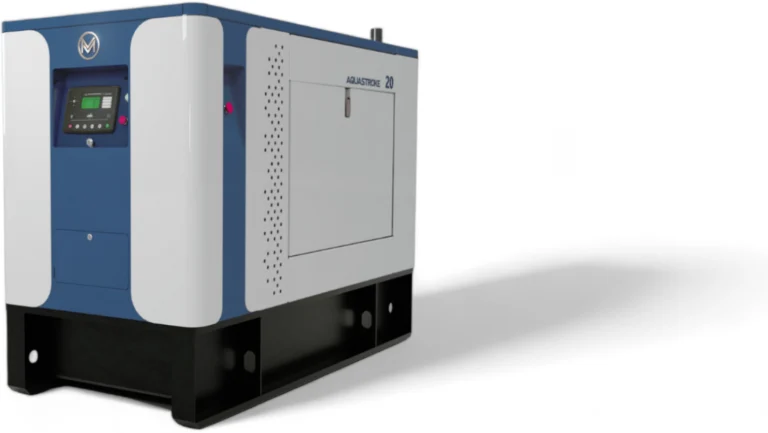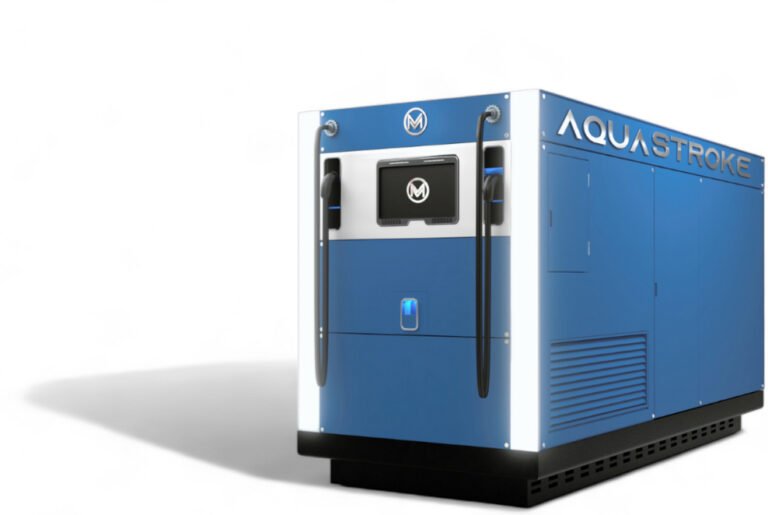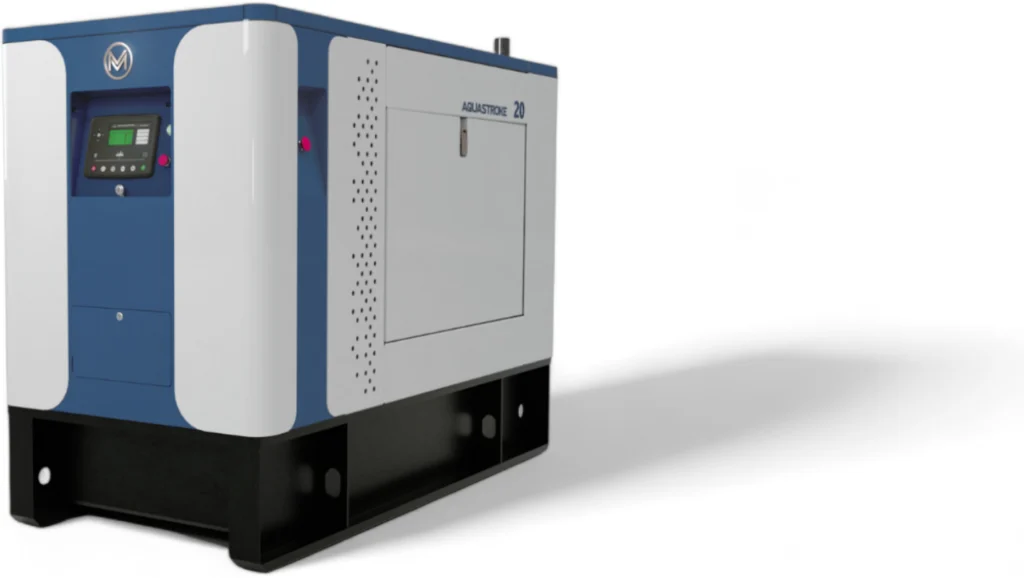Power outages are becoming more common with each passing year. Climate Central, a nonprofit research group, recently updated its analysis of national power outage data. It shows a staggering 67% increase in major power outages from weather-related events since 2000.
Kaitlyn Trudeau, a data analyst with Climate Central, spoke to CNN about the climate’s massive impact on our power grid: “This is something that we should be concerned about because this is affecting all of us, and we’re seeing more [power outages]. The system we have right now was not built in a time and climate we’re experiencing now. It is not prepared for the climate that we have now, and the climate we’re going to see in the future.” Many industries are planning ahead by incorporating backup or off-grid power to prepare for a seemingly unavoidable scenario. Here are three major industries that refuse to rely solely on our country’s struggling power grid:
Healthcare Facilities
Hospitals are required by federal law to have backup generators on site. If healthcare facilities don’t have electricity readily available in emergencies, lives could be lost. Here’s a short list of some electricity-dependent equipment that is vital to a patient’s health:
- Ventilators
- Oxygen concentrators
- Dialysis machines
- Nebulizers
- Communication devices
Utilities
Do you know what would happen to wastewater treatment plants if the companies didn’t have generators to rely on during an extended power outage?
The pumps would stop working… which means water treatment would stop. Completely.

“Without generators, there wouldn’t be safe drinking water and enough water for bathing, cleaning, industrial, or emergency purposes”
Agriculture
Our country relies on the agriculture industry for food supply… and the agriculture industry relies on generators to keep operations running smoothly.
Indoor agricultural companies need large amounts of electricity for irrigation pumps, air circulation, lights, and cooling.
If the agricultural industry didn’t use generators, we might notice food insecurity sweeping across the country.
Other major industries that rely on generators are Manufacturing, Warehousing, Food Processing, Hospitals, and Universities.
Countless industries realize the importance of having backup power… especially now that we’re beginning to see more power outages than ever before due to the climate crisis. Gas and diesel generators negatively impact our environment and are possibly contributing to the climate crisis.
At MayMaan, our generators provide reliable energy sources without polluting the environment. Why rely on generators that might be making the problem worse?















